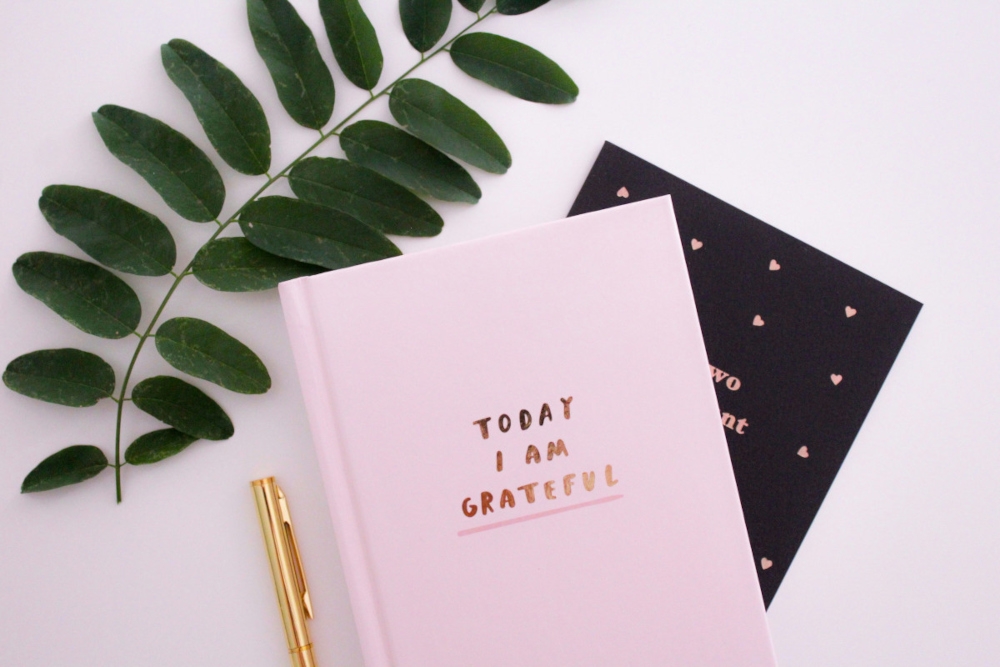FEBRUARY 6 — I often lament about how in the swirling chaos of modern life, where notifications ping relentlessly, to-do lists stretch endlessly, and the noise of the world (both physical and metaphorical) drowns out our inner peace, it’s easy to lose sight of the small yet profound blessings we have. But what if I told you that there’s a simple, almost revolutionary act that can cut through the clutter and bring clarity to your life?
That act is gratitude.
You see, gratitude is often underestimated, tucked away as a polite “thank you” or a fleeting thought when things go our way. Yet, when practiced daily, it holds the power to transform not just our perspective, but our entire approach to life.
It’s no wonder that gratitude forms the foundation of many spiritual teachings, including Islam. In the Quran, the concept of syukur — expressing gratitude — is not just encouraged but repeatedly emphasised. “If you are grateful, I will certainly give you more,” Allah promises in Surah Ibrahim (14:7).
But beyond theology, gratitude has a universal appeal. It’s a practice that requires neither wealth nor status, only mindfulness. As Rumi beautifully puts it, “Wear gratitude like a cloak and it will feed every corner of your life.”
This isn’t just poetic wisdom; it’s practical advice. Gratitude is not meant to be a sporadic moment of recognition — it’s meant to envelop us, shaping how we see and engage with the world around us.

In a world where negativity often grabs the loudest microphone, gratitude offers a quieter but more enduring revolution. — Unsplash pic
The beauty of gratitude lies in its simplicity. It doesn’t demand grand gestures or life-altering changes; it starts with small, intentional moments of mindfulness. Take a moment each day to reflect on what you’re grateful for. It might be something significant, like the steady rhythm of your heart reminding you of your health, or something delightfully mundane, like the aroma of freshly brewed coffee that greets you on a quiet morning.
I once found gratitude in the most unexpected moment — caught in a sudden downpour without an umbrella, I ended up sharing shelter under a shop awning with a stranger. That brief, warm conversation turned what could have been a frustrating inconvenience into a memory that still makes me smile. That stranger happened to befriend the same circle of friends that I had while studying at UM 20-odd years ago! We exchanged numbers, and has been keeping in touch since then.
Yes, gratitude often blooms in the small details of our day, waiting for us to notice them.
What’s more interesting is that gratitude isn’t just about personal peace; it’s contagious too. When you practice gratitude, it reflects in your actions and words, influencing those around you. A systematic review study done in 2023 by positive psychology researchers in Brazil indicated that individuals who engaged in gratitude interventions reported better mental health outcomes, including increased life satisfaction and positive emotions.
A genuine “thank you” can thus brighten someone’s day, just as much as it brightens yours. Your attitude becomes a ripple that spreads positivity and connection.
In a world where negativity often grabs the loudest microphone, gratitude offers a quieter but more enduring revolution. It’s not flashy or attention-seeking, but its impact is profound. It softens hardened hearts, bridges divides, and reminds us of our shared humanity.
This week, I invite you to start your own quiet revolution. At the end of each day, take a few minutes to write down three things you’re grateful for. They don’t have to be grand or monumental; the small joys often carry the most weight. The goal isn’t perfection — it’s consistency.
And as the days pass, you might notice a shift. The world won’t suddenly become perfect, but your lens will. Gratitude will remind you that even in chaos, there is peace. Even in struggle, there is hope. And even in the smallest moments, there is beauty.
Now, go find that piece of paper to start your revolution.
* Ir Dr Nahrizul Adib Kadri is a professor of biomedical engineering and the Principal of Ibnu Sina Residential College, Universiti Malaya. He may be reached at [email protected]
** This is the personal opinion of the writer or publication and does not necessarily represent the views of Malay Mail.







